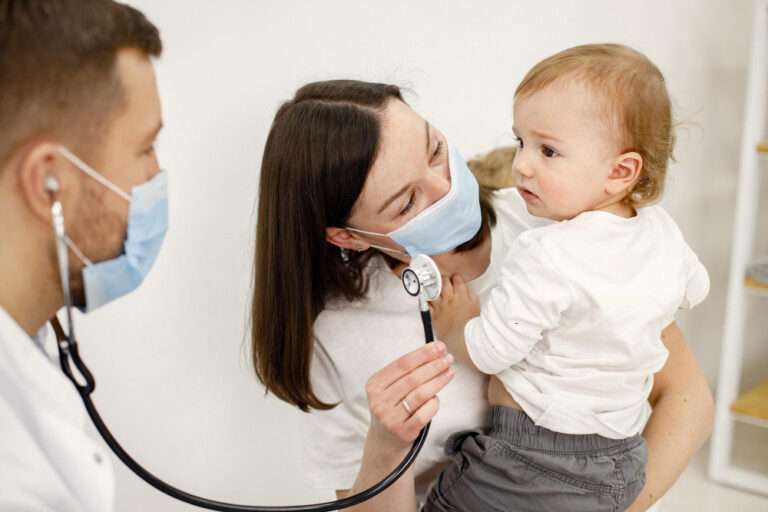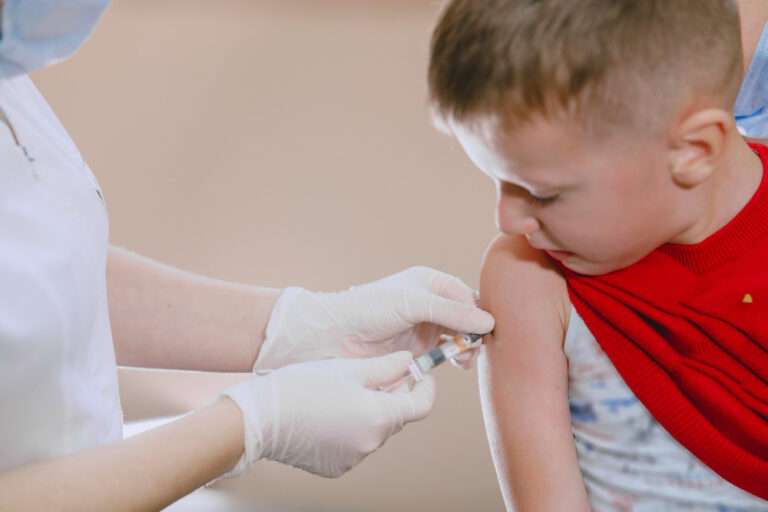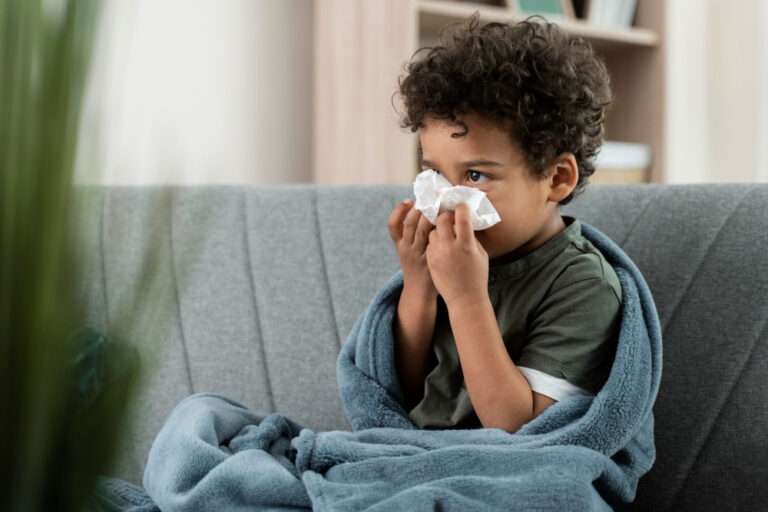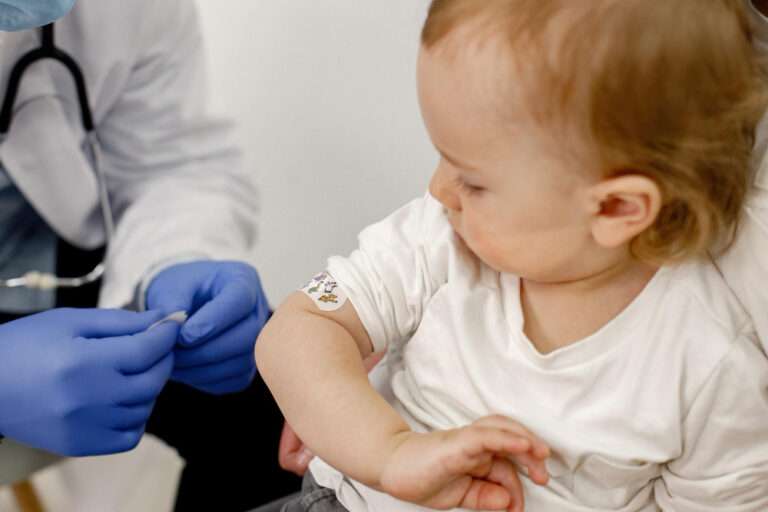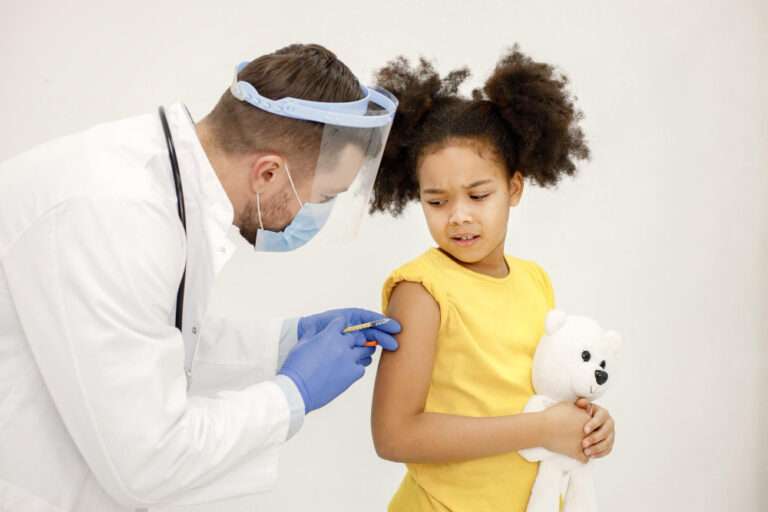Rotavirus (RV) in children
Rotavirus (RV) is a highly contagious virus that can cause gastroenteritis, an infection of the stomach and intestines. It is a common and significant cause of diarrhea in infants and young children. Here are key points about rotavirus in children:
Transmission: Rotavirus is primarily transmitted through the fecal-oral route, often via contaminated hands, objects, or surfaces. In childcare settings and among close contacts, the virus can spread easily.
Symptoms: Rotavirus infection can lead to symptoms that include:
- Severe Diarrhea: Watery diarrhea is the hallmark symptom, and it can lead to dehydration.
- Vomiting: Children with rotavirus often experience vomiting.
- Fever: Mild to moderate fever can be present.
- Abdominal Pain: Stomach cramps may occur.
Dehydration Risk: Rotavirus infections can lead to significant fluid loss through diarrhea and vomiting, making children at risk of dehydration. Signs of dehydration include dry mouth, sunken eyes, infrequent urination, and listlessness.
Prevention:
- Vaccination: Vaccination is the most effective way to prevent rotavirus infections. Several vaccines are available and are recommended for infants in their first year of life. They are typically administered in two or three doses.
- Hand Hygiene: Frequent handwashing with soap and water is crucial to prevent rotavirus transmission.
- Hygiene Practices: Disinfecting surfaces, especially in childcare settings, can help prevent the spread of the virus.
- Isolation: Infected children should be isolated from others to prevent transmission.
Impact on Children: Rotavirus can be severe in young children, and it can lead to hospitalization due to dehydration. It can also result in economic and social burdens for families, as parents may need to take time off work to care for their sick children.
Global Impact: Rotavirus is a leading cause of severe diarrhea in children worldwide, responsible for significant morbidity and mortality, especially in low-income countries with limited access to healthcare and sanitation facilities.
Treatment: Treatment typically involves managing the symptoms and preventing dehydration. This may include:
- Oral Rehydration: Replenishing lost fluids with oral rehydration solutions.
- Diet Modification: Continuing to feed the child and maintaining a balanced diet.
- Medications: In severe cases, a healthcare provider may recommend anti-diarrheal medication or intravenous fluids in a hospital setting.
Rotavirus can be a particularly challenging illness in young children, but with vaccination, improved hygiene practices, and prompt medical care, the severity and impact of rotavirus infections can be reduced. Parents and caregivers should be aware of the symptoms and take steps to prevent transmission and seek medical attention if a child experiences severe symptoms or signs of dehydration.
------------From our Sponsors------------




